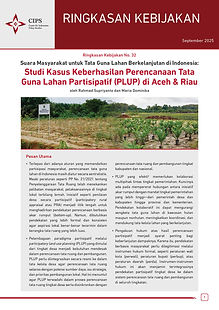Addressing the Employability of SMK Graduates through Improved English Curriculum

Authors

Latasha Safira

Nadia Fairuza Azzahra
English proficiencies have been increasingly demanded by employers, especially given the increase in globalization and foreign investments and relations in Indonesia. Employers have reported that English fluency is an important skill across industries, whether as a necessity to secure a job or as a value-added, particularly for career progression and promotions. Hence, developing English competencies is important, particularly in vocational schools (Sekolah Menengah Kejuruan or SMK) that aim to prepare students directly for the job market. The effectiveness of English teaching and learning in SMK depends on the attitudes and perceptions of teachers, students, and parents.
In general, teachers and students agree that English is important to improve employability, although to varying degrees. SMK students need to meet the expected proficiency of their industry upon graduation, as 70% of graduates seek employment rather than continue their studies in universities. Unfortunately, there remains a skill gap as both employers and teachers have revealed that SMK graduates tend to have lower English competencies than their industry requirements. As a result, this may reflect negatively on their competitiveness in the job market and thereby limit their job prospects.













































